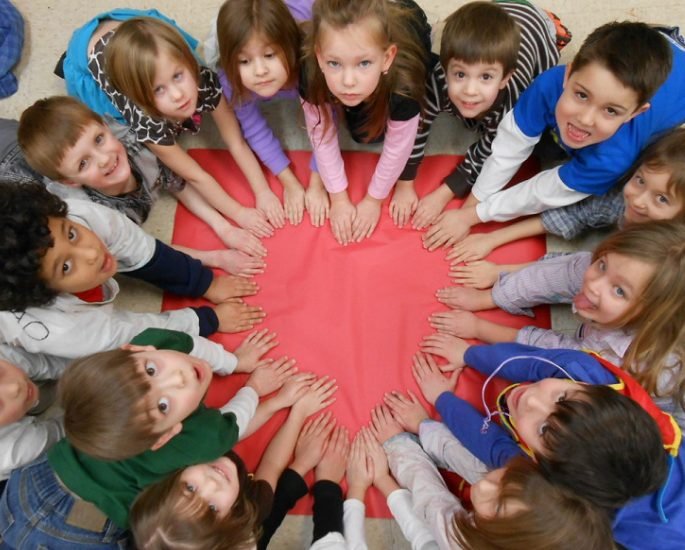In the journey of childhood, the ages 2 to 7 stand out as a critical period for brain development.
These formative years lay the foundation for a child's cognitive, emotional, and social well-being. Let's delve into the reasons why these early years are so crucial for shaping a young mind.
Rapid Brain Growth:
Between ages 2-7, a child's brain undergoes remarkable growth, with neural connections multiplying at an astonishing rate. This lays the groundwork for future learning and adaptability.

Language Acquisition:- Early Childhood development
This period is prime for language development. Children absorb language like sponges, and the more enriched the environment, the better they grasp communication skills, setting the stage for academic success.
Social Skills Blossom:
The preschool and early school years are when children start forming friendships and navigating social dynamics. Positive interactions during this time contribute to the development of crucial social skills.
Emotional Regulation:
Young children learn to identify and manage their emotions during these years. A stable and supportive environment aids in developing emotional resilience, influencing mental health throughout life.
Foundation for Learning:- Early Childhood development
Basic cognitive skills like attention, memory, and problem-solving are honed during this period, providing a solid foundation for future academic achievements.
Imagination and Creativity:
The 2-7 age range is a hub for imaginative play. Engaging in creative activities fosters the development of critical thinking and problem-solving skills.
Motor Skills Development:
Both fine and gross motor skills progress significantly during these years. From holding a pencil to playing sports, these skills are fundamental for daily activities.
Establishing Habits:- Early Childhood development
Early childhood is an opportune time to instill positive habits such as curiosity, perseverance, and a love for learning. These habits can shape a child's attitude towards challenges in the future.
Parental Influence:
The role of parents and caregivers is pivotal during this stage. Positive interactions, nurturing, and consistent support contribute significantly to a child's overall development.
Long-term Impact:
Research suggests that experiences during ages 2-7 have a lasting impact on mental health, cognitive abilities, and even economic outcomes in adulthood. Investing in a child's early years is an investment in their future.
In conclusion, ages 2-7 serve as a critical window for brain development, laying the groundwork for a lifetime of learning and well-being. Recognizing the importance of this period is essential for fostering a generation of resilient, capable individuals.
Follows Us for More Updates
Like Us on Facebook Page :
Click Here
Like Us on Instagram :
Click Here






























